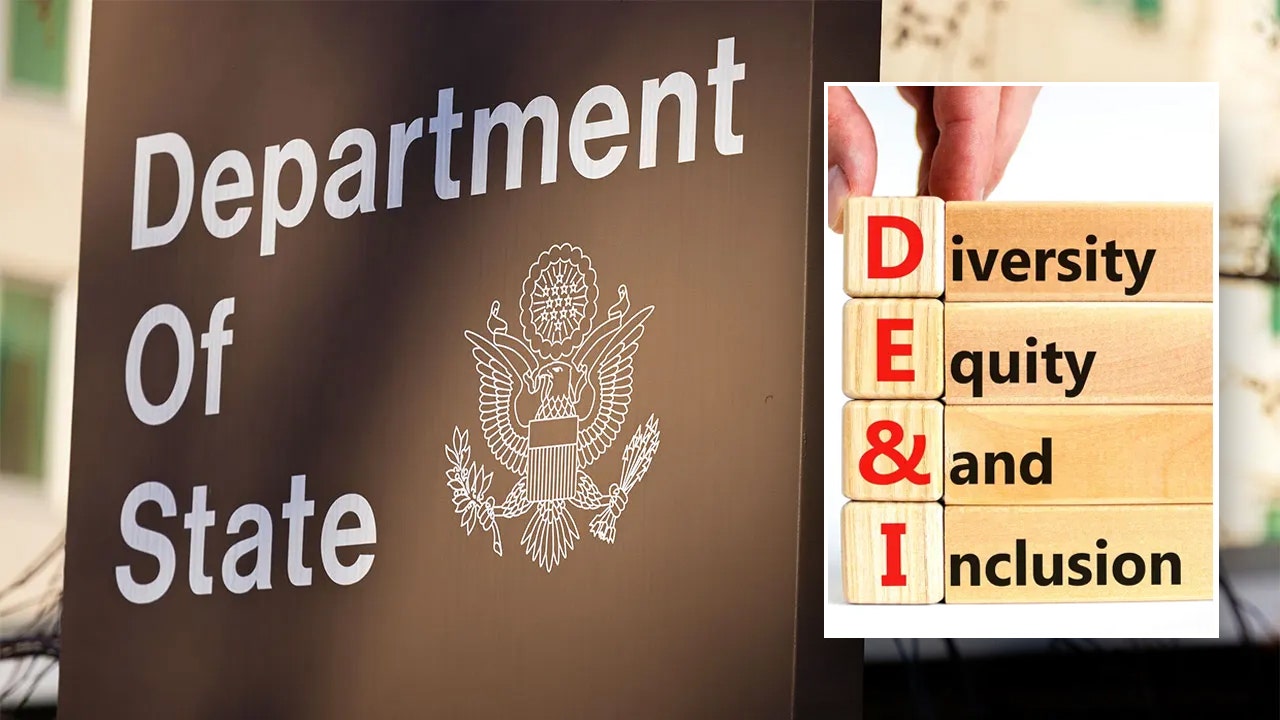DOGE helps State Department slash a Biden admin DEI requirement

The Department of Government Efficiency (DOGE) and the State Department have recently brought attention to certain practices under the Biden administration that focused on diversity, equity, and inclusion (DEI) efforts accounting for 20% of performance evaluations for foreign service officers. This move was seen as a significant step towards promoting fairness and meritocracy within the Foreign Service.
Secretary of State Marco Rubio praised these reforms, calling them “important and historic.” He emphasized the importance of evaluating Foreign Service Officers based on their true merit rather than arbitrary immutable characteristics. Rubio’s endorsement of the changes signaled a shift towards a more merit-based evaluation system.
The DOGE highlighted specific aspects of the new policy, including the assessment of diplomats based on their use of language. The department shared PowerPoint slides that provided examples of phrases to avoid, such as gendered adjectives and faint praise. These guidelines aimed to eliminate unintentional biases in the evaluation process.
One of the key points addressed in the slides was the avoidance of gendered adjectives when describing individuals. For example, phrases like “Dr. Sarah Gray is a caring compassionate physician” were discouraged in favor of more neutral descriptions like “Dr. Joel Gray has been very successful with his patients.” This shift towards gender-neutral language aimed to create a more inclusive and fair evaluation process.
Additionally, the slides discouraged the use of first names for women or minorities and titles for men. This approach sought to remove any implicit biases based on gender or ethnicity in the evaluation of Foreign Service Officers.
The new policy also called for local organizations to promote diversity, equity, inclusion, and accessibility (DEIA) programs, training, and lectures. It encouraged the hosting of annual DEIA awards ceremonies to recognize and celebrate efforts towards a more inclusive workplace.
Furthermore, foreign service officers were encouraged to set race and gender quotas on embassy speaking panels and other diplomatic events. This proactive approach aimed to ensure diversity and representation in diplomatic engagements.
The decision to eliminate the DEIA requirement in performance evaluations for foreign service officers came shortly after the Trump administration’s efforts to cut DEI funding in various government agencies. The move aligned with President Donald Trump’s executive orders aimed at reducing DEI initiatives in the federal government.
Overall, the shift towards a more merit-based evaluation system for Foreign Service Officers reflects a broader trend towards promoting fairness and equality in the workplace. By eliminating biases and promoting diversity, equity, and inclusion, the State Department aims to create a more inclusive and effective diplomatic corps.




